Outreach and Education Grant - Friends of the Mississippi River
Friends of the Mississippi River conducted a qualitative consumer research survey of 80-100 adults with their MDH grant. This survey gauged public attitudes and assumptions about the use of personal care products that include triclosan, a chemical shown to have negative effects on health and the environment.
Friends of the Mississippi River is a citizen volunteer organization that works to protect the Mississippi and its watershed in the Twin Cities Area. They work in the areas of land conservation, watershed protection, and river corridor stewardship in relation to the Mississippi River in the metro.
With their results and additional research, Friends of the Mississippi River created a report recommending specific educational strategies and methods that can be used to effectively educate the public about triclosan. These recommendations included aiming communications at adults under 50 and households with children. It also recommended that communications focus on the problems with triclosan and emphasize best practices for disease prevention. This report was presented at an educational workshop in spring 2014 attended by staff from MDH, Minnesota Department of Agriculture, Minnesota Pollution Control Agency, and several local non-profit water advocacy organizations.
$1,150,000 the first year and $1,150,000 the second are for addressing public health concerns related to contaminants found in Minnesota drinking water for which no health-based drinking water standards exist, including accelerating the development of health risk limits, including triclosan, and improving the capacity of the department's laboratory to analyze unregulated contaminants.
- Conduct a comprehensive, qualitative consumer research survey to gauge consumer attitudes and assumptions about the use of triclosan-based personal care products. This research methodology will include in-depth, qualitative interviews with 80-100 male and female consumers, representing a range of ages and incomes.
- Prepare a thorough evaluation of consumer interview information, along with additional research, and recommend specific educational strategies and methods that health professionals, environmental educators, and consumer groups can use in ongoing triclosan communications and educational campaigns.
- Prepare and host one or more educational workshops in Spring 2014. This workshop will be made available to all appropriate state agency staff and project partners, and will be designed to convey the lessons learned from this project to educators, policy makers, agency leader and other public health entities.
- Consumer research survey completed November 2013. 92 randomly selected adults were intercepted after shopping at supermarkets in Minneapolis and Saint Paul.
- Report outlining survey findings and additional research, as well as recommendations for triclosan (and other contaminant) communication and outreach.
- Educational workshop conducted spring 2014 and attended by staff from Minnesota Department of Health, Minnesota Department of Agriculture, Minnesota Pollution Control Agency, and several local non-profit water advocacy organizations.
